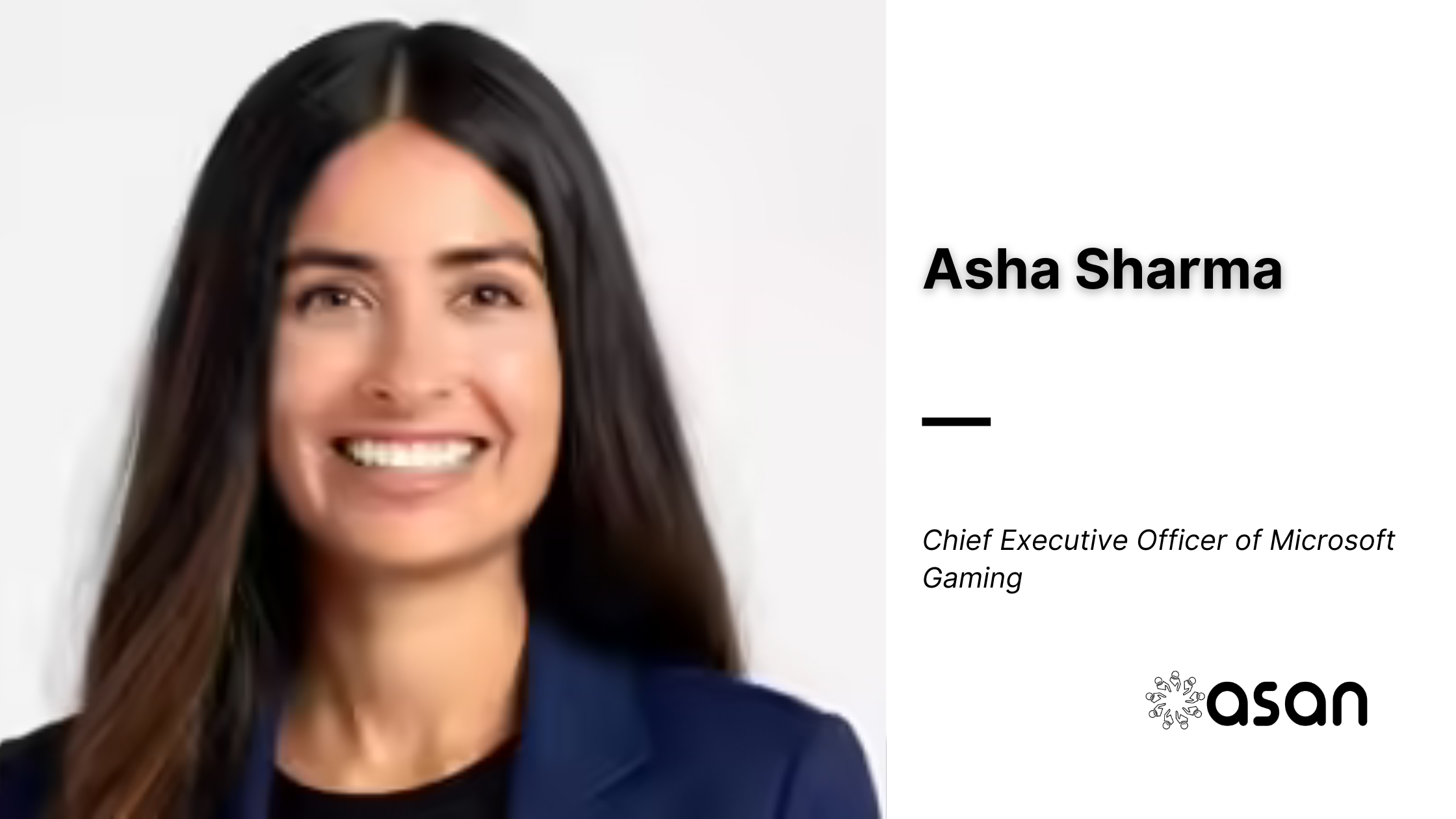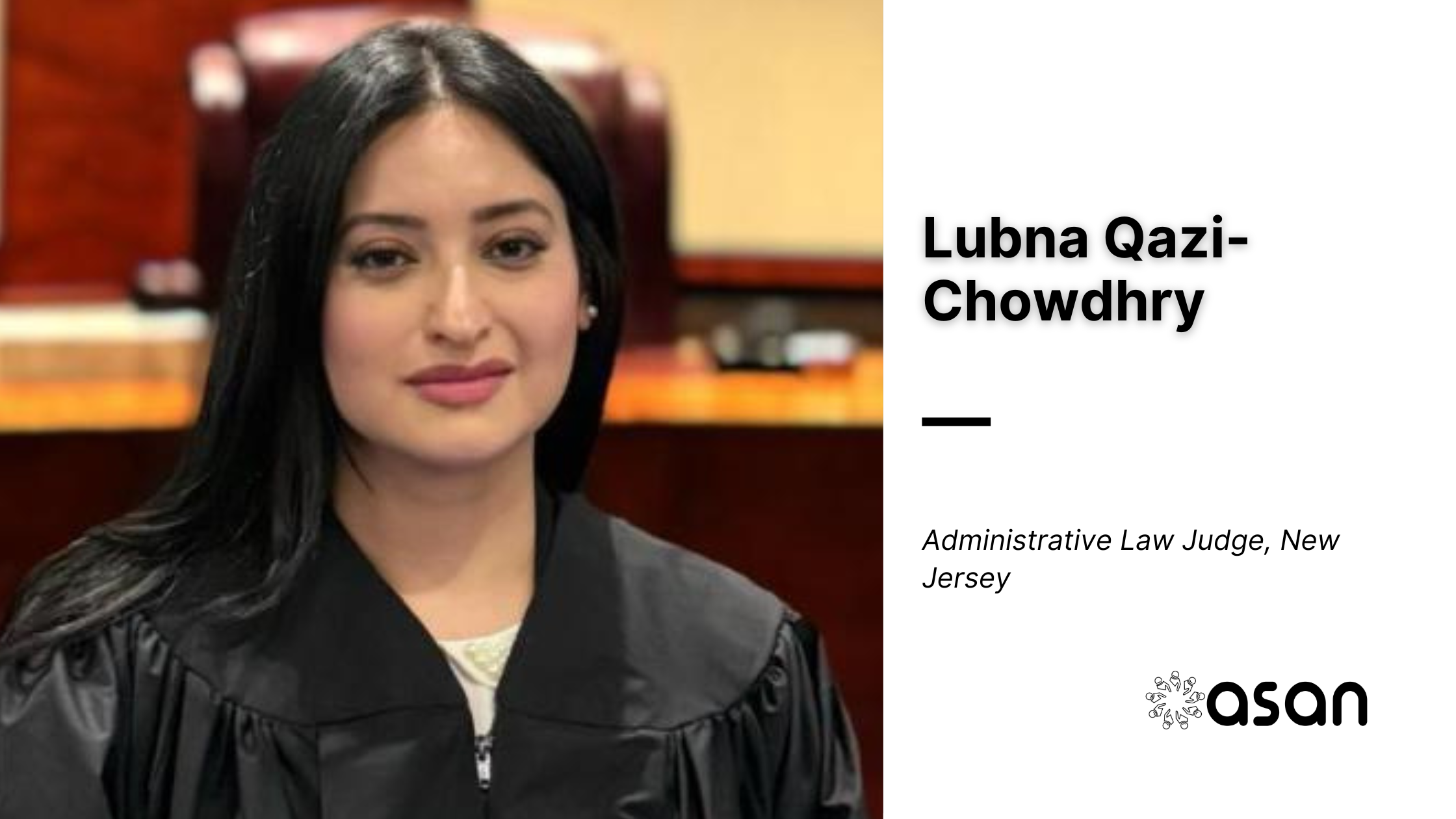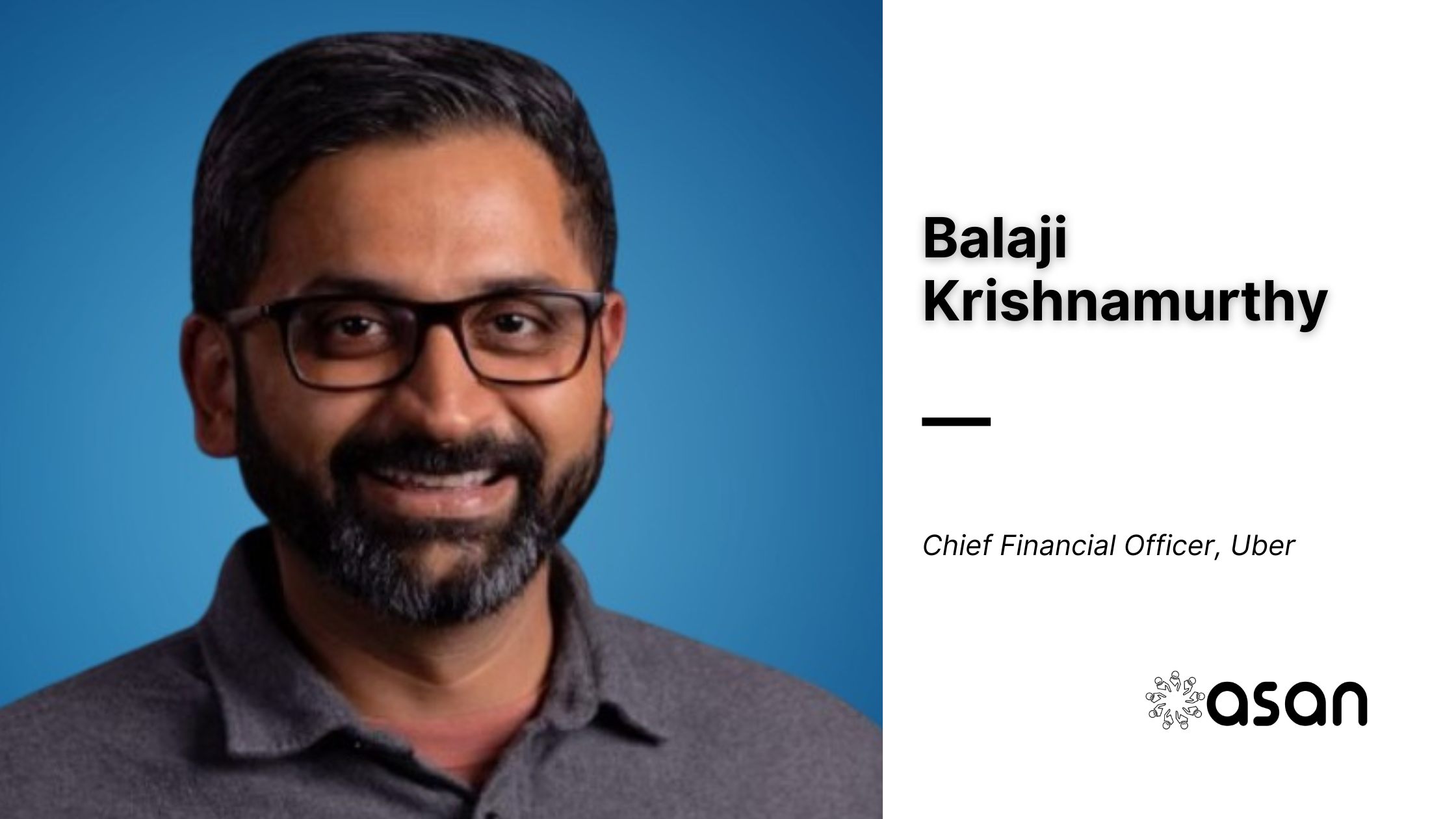The Cellular Telecommunications Industry Association, the national trade association for the U.S. wireless sector, has named Indian American entrepreneur Nishant Garg to its Reverse Logistics and Service Quality leadership council. The appointment was reported on August 18, 2025, and places Garg among the executives who help set repair, refurbishment, and recycling norms for pre‑owned wireless devices in the United States.
Garg is the founder of Delta Enterprise USA and the Telecom Institute of New York, a vocational initiative that provides hands‑on training in device repair, sales, and entrepreneurship. Based in New York City and originally from Darjeeling, India, he built his career from an entry‑level retail role into a multifaceted enterprise that spans distribution, retail operations, electronics recycling, and workforce development. Those experiences position him to bring the perspective of small and mid‑sized operators to a forum often dominated by the industry’s largest brands.
The Reverse Logistics and Service Quality program sits at the heart of CTIA’s supply‑chain work, establishing standards for the repair and refurbishment of pre‑owned wireless devices and promoting quality across the ecosystem. Its leadership council connects manufacturers, carriers, platforms, and service providers to align on processes that keep devices in circulation longer, improve customer experience, and reduce waste.
CTIA’s leadership councils and working groups are where industry best practices are written and updated. Participation offers members a seat at the table as the sector calibrates grading standards, lab certifications, and responsible recycling guidance that shape how consumers experience device quality and service. By adding Garg – whose day‑to‑day work includes training technicians and operating repair and retail channels – the council gains a practitioner with direct exposure to the operational realities of extending device lifecycles.
The timing also matters. U.S. consumers are keeping smartphones longer, while regulators and companies are pushing for repairability, parts availability, and transparent device grading. Reverse logistics and service quality standards, once a niche technical subject, now influence everything from insurance claims and warranty service to e‑commerce listings and trade‑in valuations. Voice from the repair floor can help ensure that the rules work not just for lab tests, but for the stores and service centers where most Americans actually get their devices fixed.

Garg’s appointment carries a community dimension as well. Through the Telecom Institute of New York, an approved vendor for New York’s ACCESS‑VR program, he has focused on expanding access to tech skills for economically disadvantaged and differently‑abled learners. That training pipeline feeds directly into the repair and refurbishment workforce that RLSQ standards are designed to professionalize. When the same person who helps craft those standards also mentors new technicians, the result can be a tighter loop between policy and practice – a benefit for employers, trainees, and customers.
The U.S. wireless ecosystem’s scale underscores the significance. CTIA’s RLSQ program touches relationships with major brands across devices and networks, as well as the secondary markets where refurbished phones and tablets power affordability and digital inclusion. Strengthening quality controls in this space can lower returns, reduce e‑waste, and make reliable devices more accessible for first‑time buyers, students, and small businesses. In that sense, a leadership‑council seat is not just a résumé line; it is a lever that can shape how millions of devices are handled after their first owner.
For South Asian Americans, the story highlights representation in a technically demanding corner of the economy that rarely makes headlines but quietly drives connectivity and opportunity. Garg’s path – immigrant beginnings, entrepreneurial climb, and now a role in national standard‑setting – reflects a broader pattern of South Asian contributions across U.S. science, technology, engineering, and business. That visibility can resonate for students and early‑career professionals considering careers in operations, supply chain, and standards bodies where decisions ripple through entire industries.
It is also a reminder that standards work is collaborative. The council includes stakeholders across carriers, device makers, and platforms, and it functions best when perspectives are diverse – from OEM labs to independent repair networks. Garg’s background in both commercial operations and community‑driven training could help translate real‑world repair constraints into workable quality benchmarks. If the council advances more uniform grading, better parts traceability, or stronger technician certification pathways, consumers stand to see more predictable outcomes when they buy or fix a used device.
As industry attention shifts to sustainability, reverse logistics becomes a frontline climate strategy. Keeping devices in service longer reduces manufacturing emissions, and credible standards guard against greenwashing by ensuring that “refurbished” truly implies tested performance and responsible handling. With e‑waste volumes rising globally, the council’s work aligns environmental goals with consumer protection and market efficiency – a sweet spot for policy that serves both values and value.
Finally, there is a local payoff. New York’s dense retail and repair landscape is an ideal testing ground for practical standards that can scale nationally. If training programs like the Telecom Institute of New York continue to align with CTIA’s expectations, employers get a clearer hiring pipeline, workers gain credentials that travel with them, and customers benefit from consistent service. Garg’s seat on the council could accelerate that alignment, helping New York serve as a template for other regions.
Key Takeaways About Nishant Garg
- Indian American entrepreneur appointed to CTIA’s Reverse Logistics and Service Quality leadership council on August 18, 2025.
- Founder of Delta Enterprise USA and the Telecom Institute of New York, bringing small‑business and training expertise to national standards work.
- RLSQ program sets U.S. repair and refurbishment standards that affect device quality, warranties, and secondary‑market trust.
- Focus on vocational access – including ACCESS‑VR partnerships – connects workforce development to industry quality goals.
- Appointment underscores South Asian American leadership in technical governance that advances sustainability and consumer protection.



